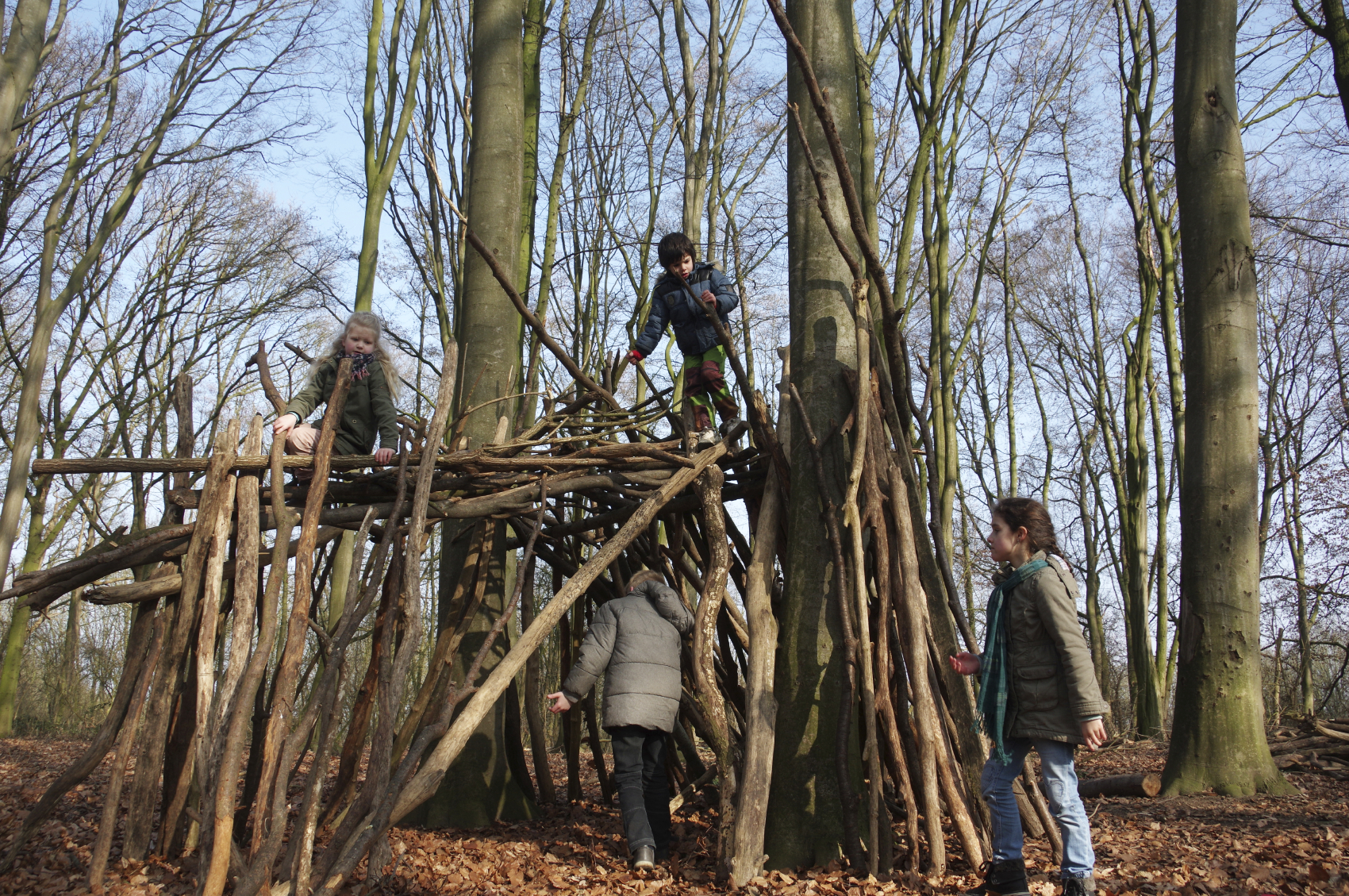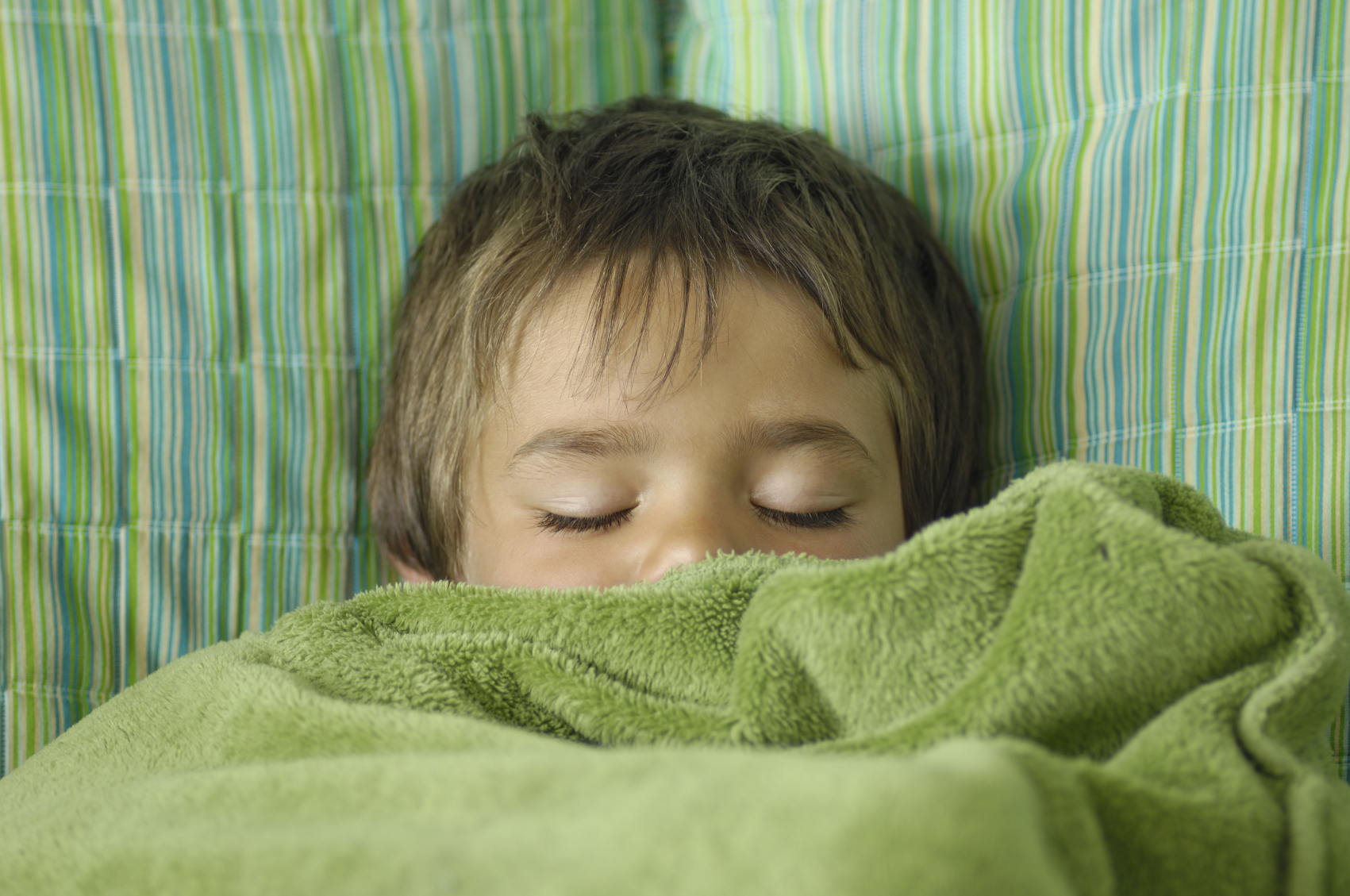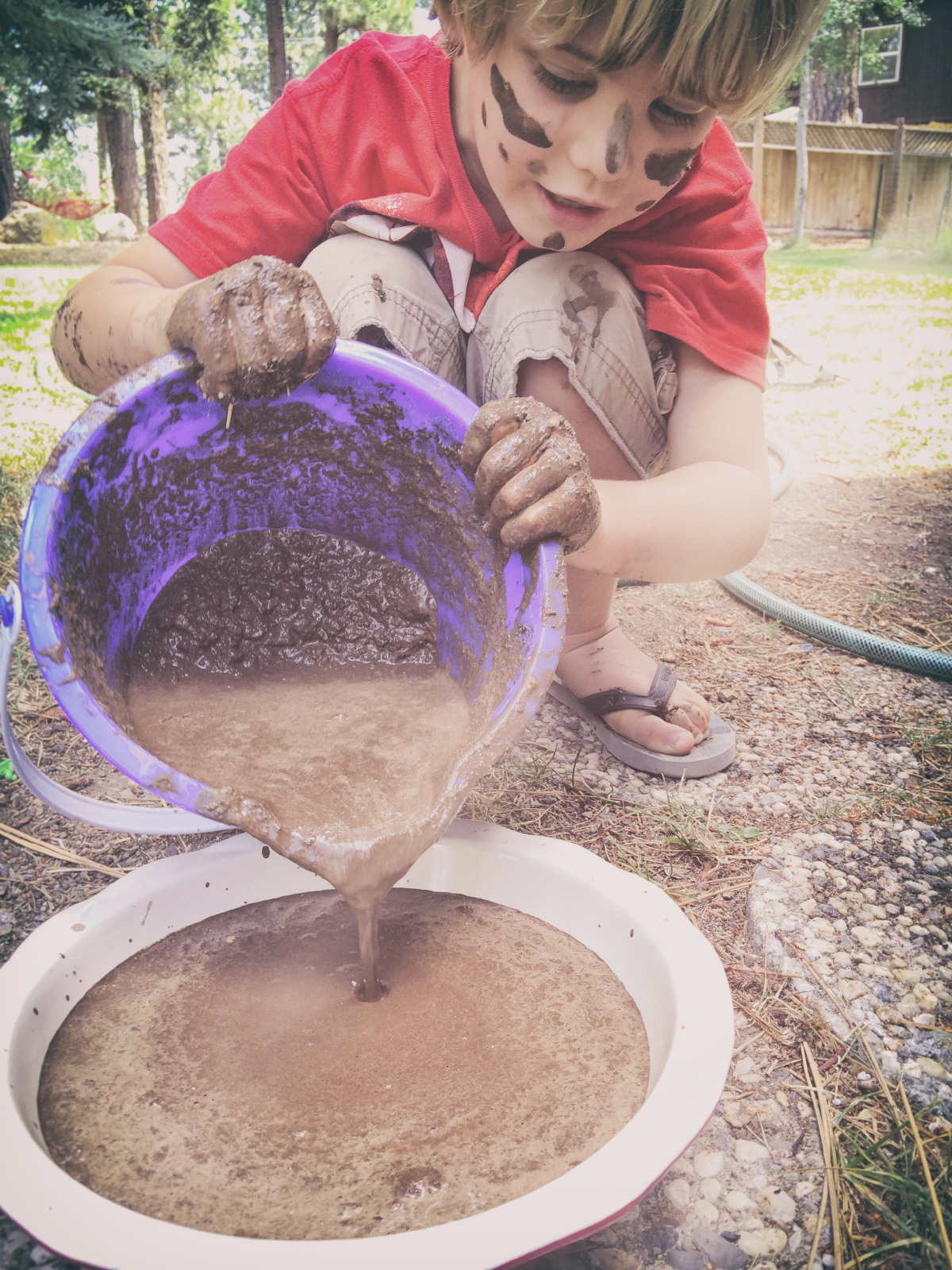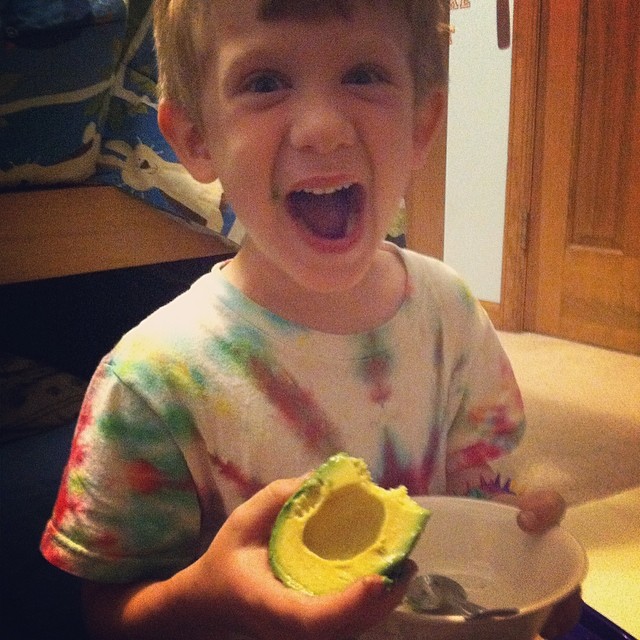Guest post written by: Kathryn Kos
 At a recent conference I attended, Robb Wolf spoke of five foundations or pillars needed for optimal health: sleep, microbiome, nutrition, exercise, and community. How can we foster these foundations in our children, in the context of a modern culture? We fear dirt and bacteria, and tend to over-sanitize everything, and keep our children from touching dirty objects. We “helicopter parent” our children, and isolate them from perceived societal threats. We have a government system that punishes parents who allow their children to explore and push boundaries. The government is forcing curriculums on our children, which do the opposite of fostering a love of learning. Children are getting less recess, and doing more and more mind numbing “worksheets”. The child’s day is highly structured leaving little time for imaginative play. Technology such video games and i-pads are pushing our children away from face to face socialization and outdoor exploration.
At a recent conference I attended, Robb Wolf spoke of five foundations or pillars needed for optimal health: sleep, microbiome, nutrition, exercise, and community. How can we foster these foundations in our children, in the context of a modern culture? We fear dirt and bacteria, and tend to over-sanitize everything, and keep our children from touching dirty objects. We “helicopter parent” our children, and isolate them from perceived societal threats. We have a government system that punishes parents who allow their children to explore and push boundaries. The government is forcing curriculums on our children, which do the opposite of fostering a love of learning. Children are getting less recess, and doing more and more mind numbing “worksheets”. The child’s day is highly structured leaving little time for imaginative play. Technology such video games and i-pads are pushing our children away from face to face socialization and outdoor exploration.
These modern factors not only impede our ability to foster emotional intelligence, security, and confidence, but also have a profound effect on the five foundations of health. Children are getting more screentime, less sleep, and less time to learn through imaginative play. Let’s explore Robb’s five foundations of health, in the context of raising connected children, in a disconnected world.
I believe we can make huge strides in the health of our children just by taking time each day fostering in our children these three important things:
- Outdoor Time
- Unstructured Playtime
- Real Food Choices
Sure there are many other factors that come into play here. However, just by making a conscious effort to incorporate these changes daily, we can make great strides in the mental and physical well being of our children.
Sleep:
Allowing children to use their imagination and play freely without structure, takes lots of positive mental energy and can really tire them out. Giving our children ample time each day to get outside (especially early in the morning) helps to balance their circadian rhythm, or internal clock. A half hour of sunlight in the morning actually helps children sleep better at night, by keeping their internal clock organized! Get that sun in your child’s face first thing every morning. It may mean bundling up and going for a brisk walk on cold winter days. It may mean sitting them in a sunny window first thing in the morning. Getting that morning sun is a great way to foster quality sleep at night. Offering healthy food choices that are not packaged or processed, high in vegetable sources of carbohydrates, protein, and healthy fats, keeps children stable and satiated all day long. The carbohydrates will help with fueling the brain and inducing sleep, and the healthy fats and proteins will keep their growing body satiated throughout the night. Another important way to increase your child’s healthy sleep: no screen time two hours prior to bed. The artificial light affects the child’s circadian clock, and makes for interrupted sleep.
Microbiome:
Free play and outdoor time go hand in hand with this one. Science is now finding that it’s okay for children to get dirty and even eat some dirt! This actually helps to build up beneficial bacteria in your child’s gut. Children who are raised on farms actually have fewer allergies and stronger immune systems than children who are not. By allowing our children to play freely, without interfering, they can explore the world around them with their hands, their mouths, and even their feet. Getting their feet in the dirt or “grounding” also helps with feeling emotionally grounded. Allowing them to put things in their mouths will help to strengthen the child’s immature immune system, by exposing them to beneficial symbiont bacteria. So go ahead, let them taste test their latest mud pie creation! Providing fermented foods from an early age can help keep your child’s gut colonized with good bacteria. When my six year old was two, his favorite food was kimchi (korean fermented cabbage). Don’t assume they will not like the taste of something different. Children can explore all the same foods we like to explore. They don’t need separate “kid marketed” foods.
Nutrition:
We are more disconnected from the source of our food than ever before. Children learn early on that food comes in a package or jar. it doesn’t have to be that way. How can we reconnect our children with food, so they may gain a healthy understanding of where our food should come from and why? Outdoor time! Get them in the garden and teach them how to plant seeds and grow their own food. If you do not have access to an outdoor garden, start small with small indoor planters. Take them to visit farms, and teach them the difference between factory farms and sustainable farms. Instilling a respect for real food from an early age, will give hope to the future generation.
Offer children healthy choices at every meal. They might not choose to eat what is put in front of them, but keep offering, and be sure there are a few choices at each meal. For busy on the go toddlers, a toddler snack tray works great! They can stop by the tray and grab a piece of avocado or turkey, or even some cut up veggie and dip. It can take months of offering the same food before a child stops rejecting it. Don’t assume they will never like something, simply because they turn it down once. It took 6 months of offering a little avocado with every meal before my child actually took a bite. Now avocado is one of his favorite snacks. Don’t give up!
Exercise:

I’m not talking about structured sports here. We practically structure every second of our child’s day now! This can be counterproductive. I’m talking about FREE play. Free play enables children to learn how to be in the world. Climbing. Running. Jumping. Swinging. Lifting. Children need to use their muscles and move! When sitting in a classroom all day, children are not getting the activity their growing body needs. Children diagnosed with ADHD need to move more, not less. Counteract this by letting them play outside. Don’t be afraid to let them climb things, jump in puddles, jump over rocks, swing on swings, build forts, help build fires, do outdoor chores. Take them for hikes, or walks. I remember my favorite past time as a child was simply swinging on a swing. I found it to be very meditative and soothing. I would sing songs and create stories while swinging. Free movement is so important for a child’s developing brain and body. We undervalue this as a society. Free play is perhaps the most valuable learning tool, helping with every single aspect of a child’s wellbeing. Give them this much needed time every day, even if it is only 20 minutes.
Community:

Our early ancestors lived in communities. Today’s parents tend to be more isolated, and I honestly feel we do it to ourselves. We schedule play dates, and make it something that needs to occur only at specific set times and dates. In my opinion this makes it less intimate. Our early ancestors lived in communities and helped each other out, rather than judging and tearing each other down for their choices. Aunt’s would actually breastfeed their nieces and nephews. Grandmother’s would relactate to help breastfeed as well. Extended families lived and worked together. My point is we were less separate and isolated as we are now. Everyone came together more, and there wasn’t this strong disconnect we now experience in the modern world. I’m not saying we need to do go breastfeed our sister’s kids. My point is that we have moved far in the opposite direction. Although we are connected through phones and computers, we are not experiencing as much real face to face emotion, and truly establishing deep connections. Obviously times have changed, but how can we come together more as a community and support one another in a modern world?
Community is important for our sense of security, love, and well-being. Letting children play outside with their friends after school, rather than structuring every second of their day with activities is a great start. They learn how to interact as adults, by having these opportunities to act out roles with their friends. When children come together to play, big people also come together. Often times I will offer my neighbors a glass of wine, and we will chat while I cook dinner for my children. It’s ok to be cooking dinner while talking with a friend. We often feel we have to disconnect to make dinner, and disconnect to follow our structured schedules that we create. Throw away some of that! Impromptu get togethers don’t come with a preconceived notion of how it should be. It just happens. It takes a conscious effort to be open to new and different people, rather than being judging and closed off. Our children will mimic this behavior, and begin to diversify their friendships as well. In order to come together more as a community we need to break down some of the unrealistic boundaries we set, and be willing to be vulnerable. Community comes from within each of us.
The health of our children can be greatly improved just by freeing up some time and allowing our children to play freely, explore, get outside, offering healthy food choices, and opening ourselves up to being more of a community. Just as our human microbiome is a diverse community of bacteria yet all connected, we as humans are diverse yet connected as well. Let’s foster this connection, rather than fostering isolation and disconnect. Taking a conscious effort to make these changes will improve the health of our children, and quite possibly the health of our culture as a whole.
 Kathryn is a Nutritional Therapy Practitioner (NTP), who specializes in healing leaky gut and overcoming autoimmune diseases. She sees clients locally in her Ballston Spa NY office, and also offers worldwide phone and skype consultations. Kathryn is a blogger at www.primalblissnutrition.
Kathryn is a Nutritional Therapy Practitioner (NTP), who specializes in healing leaky gut and overcoming autoimmune diseases. She sees clients locally in her Ballston Spa NY office, and also offers worldwide phone and skype consultations. Kathryn is a blogger at www.primalblissnutrition.



Great piece, thank you. Reinforcement (and more!) of Richard Louv’s “Last Child in the Woods”.
What about worms? I have a friend whose kids have had bad experiences with this and who now worries a lot about playing in the mud. What to do?
Hi Kathryn, please help spread awareness to other parents about zones of noxious earth energies that drain our energy. It is a little known subject, but my research indicates that roughly 20% of people who are experiencing decreased energy are suffering from exposure in their bedrooms or work area to earth energies that zap our energy. Long term exposure leads to serious illness since the noxious energy deprives the body of the ability to recuperate.
Please read http://lespieds-surterre.org/what-is-geopathic-stress/
I tell all young parents that their first baby gift should be a visit by an experienced feng shui or vastu shastra professional to check out the child’s room.
If you would like more links, please do not hesitate to contact me. Be Well, Rachel Chevalier